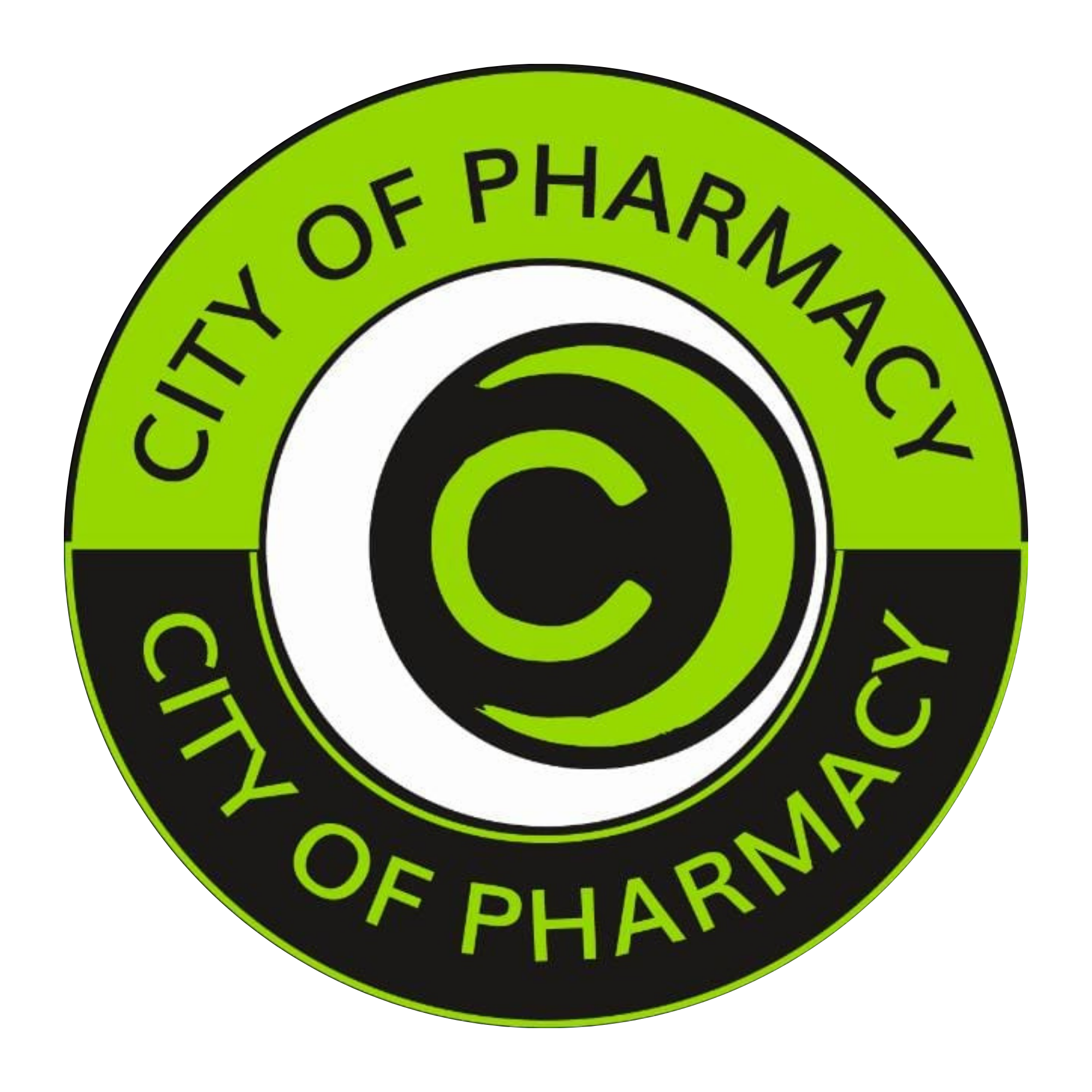1. Introduction The pharmaceutical industry is undergoing a technological revolution, with Artificial Intelligence (AI) at the center of this transformation. The traditional methods of drug development, manufacturing, and distribution are being replaced by AI-driven automation, predictive analytics, and smart robotics. From faster drug discovery and precision manufacturing to quality control and supply chain optimization, AI is making pharmaceutical processes more efficient, cost-effective, and compliant. As AI adoption continues to rise, companies that embrace AI-driven manufacturing will gain a competitive advantage, reduce costs, and accelerate time-to-market. This article explores how AI is revolutionizing pharma manufacturing, its benefits, real-world applications, challenges, and the future of AI-driven pharmaceutical production.
2. The Growing Role of AI in the Pharmaceutical Industry
The pharmaceutical industry faces various challenges, including:
High R&D Costs : TDrug discovery and clinical trials are expensive and time-consuming.
Regulatory Compliance : Strict quality control and safety regulations.
Production Inefficiencies :Traditional manufacturing processes often lead to waste and delays.
Supply Chain Complexities : Ensuring raw material availability and preventing counterfeit drugs.
AI is addressing these challenges by providing data-driven insights, process automation, and predictive analytics. Pharmaceutical companies can now streamline drug development, automate production, enhance quality control, and improve supply chain management.
2. The Growing Role of AI in the Pharmaceutical Industry
The pharmaceutical industry faces various challenges, including:
High R&D Costs : TDrug discovery and clinical trials are expensive and time-consuming.
Regulatory Compliance : Strict quality control and safety regulations.
Production Inefficiencies :Traditional manufacturing processes often lead to waste and delays.
Supply Chain Complexities : Ensuring raw material availability and preventing counterfeit drugs.
AI is addressing these challenges by providing data-driven insights, process automation, and predictive analytics. Pharmaceutical companies can now streamline drug development, automate production, enhance quality control, and improve supply chain management.

